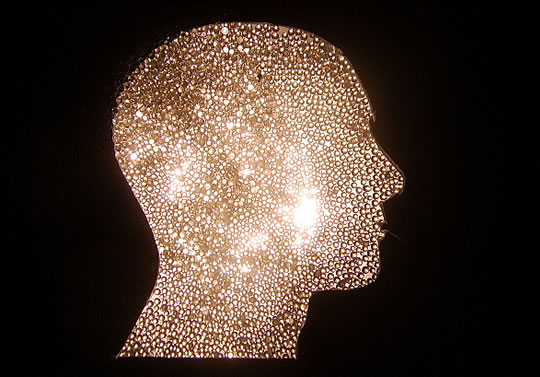Men had better memory for a woman’s hobbies, education, age, job — even her name — when she had this body shape.
Women with a waist-to-hip ratio of 0.7 are most memorable to men, new research finds.
Men remembered the most number of details about women who had this curvy shape.
They were better at recalling her hobbies, education, age, job — even her name!
The study’s authors write:
“Many studies have shown that a female’s waist to hip ratio influences men’s perceptions of her attractiveness.
However, our studies provide the first evidence to our knowledge that an attractive waist to hip ratio leads men to have superior overall memory for her appearance and biographical background.”
In the US and Europe a waist-to-hip ratio of 0.7 is considered, on average, the most attractive shape.
Examples of women with this ratio include both Marilyn Monroe and Kate Moss.
For the research 218 men took part in two studies.
They were shown pictures of one women whose waist-to-hip ratio was digitally manipulated to increase and lower it.
They were also presented with biographical information about her.
Across the two studies, men could recall more information about the woman when her waist-to-hip ratio was between 0.6 and 0.8.
The evolutionary explanation for why this ratio is attractive is that it signals high ‘reproductive potential’.
The study’s authors write:
“It has been theorized that human memory evolved to serve our survival and reproductive goals.
Attractive target cues, in particular, may trigger superior episodic processing in perceivers because they can signal the quality of the target’s genes or reproductive potential.
Indeed, an attractive female face and waist to hip ratio appear to stimulate brain regions in males linked to the processing of rewarding stimuli.
Our results are consistent with previous research showing that the perceivers’ memory may be superior for information of greater adaptive value to them.
However, our findings extend this research by showing that males’ enhanced memory extends beyond the specific cue of high adaptive value to other cues of potentially adaptive value that are also linked to the female target who possesses the desirable waist to hip ratio.”
The study was published in the journal Evolution and Human Behavior (Fitzgerald et al., 2016).








